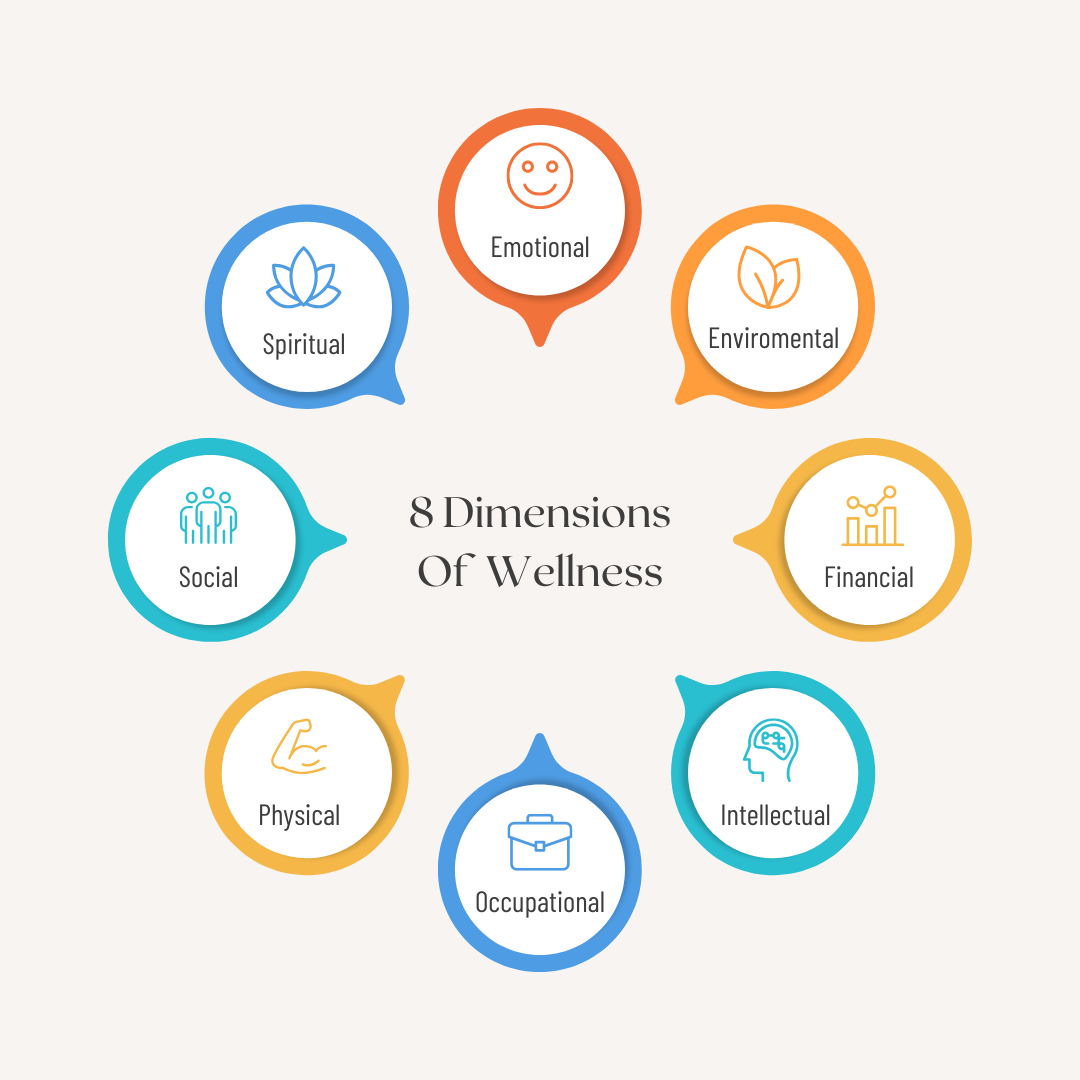Early Birds, Night Owls and Finding The Right Mentor (Issue #24)
Week 3 of advocating for your career and the 8 elements of well-being
Do you see yourself as a morning person (early bird and all) or a classic night owl?
Ever noticed how some leaders are up at 5 AM crushing workouts and planning their day, while others hit their creative peak after dark, brainstorming big ideas when the world is quiet?
Your natural rhythm might just influence your leadership style!
Early Birds
✅ Up before the competition, making decisions before the coffee kicks in
✅ Masters of routine, structure, and consistency—leading with discipline
✅ Energizing teams first thing in the morning with bright, positive vibes
✅ More aligned with traditional business hours, making operations smoother
✅ Tackles problems before they even become problems
Night Owls
✅ Creative powerhouses—late-night is when big ideas and innovation spark
✅ Adaptable and thrive in chaos, handling crises when others are asleep
✅ Charismatic networkers, naturally engaging at events and social gatherings
✅ More likely to challenge norms and bring fresh, unconventional thinking
✅ Late-night hustle mode = strategizing while the world sleeps
No matter your style, the key is understanding your natural rhythm and leveraging it to lead in your best way.
So… are you an early bird or a night owl leader?
Gathering data and confidence
Let the career advocacy journey continue.
If you’ve been following along we are in week 3 of the 4 week series on being an advocate for your career. The last two weeks we focused on setting goals, gathering data (accomplishments & skills) and the 5 step checklist to making sure we communicate our value.
If you haven’t checked out the post in this monthly series, read below ↓
Week 1: https://balancedboss.substack.com/p/career-advocacy-week1
Week 2: https://balancedboss.substack.com/p/career-advocacy-week2
📰 Hello, AMA!
📢 You’re not alone
One of the best things about the Hello, AMA! questions is that they remind us that we’re all navigating similar challenges.
I’ve heard from so many of you saying, “This question hit home” or “I thought I was the only one struggling with this.”
If you’re facing a challenge in your career, chances are, someone else is too. So don’t keep it to yourself—speak up! Send me a message, drop a comment, or reply to this email with your question.
I’ll feature it (anonymously) in an upcoming newsletter—because your challenges, insights, and wins deserve space here.
→ And as a reminder, I will continue to share with you simple steps to help you become more intentional about your career path.←
ps. these are the steps I used to build my career that kept me leveling up.
Week 1: How to clarify your goals
Week 2: Building your case and communicating proactively
Week 3: (right here, right now) Finding advocates and mentors
Week 4: Keep up with learning and growing
↳ Week 3 Exercise: Advocating for your Career
Success is not a solo journey.
That’s why this week is all about surrounding yourself with the right people.
How to find the right mentor for you:
Step 1: Clarify your values and what you need from your mentor?
The right mentor can open doors, offer feedback, and provide guidance.
Think about the values you included from week 1 to help identify what’s important to you.
Think about the qualities and expertise you want in a mentor.
Step 2: Define your mentorship goals. Ask yourself what do you need guidance on?
Industry expertise?
Leadership skills?
Career transition?
Specific skill development?
Step 3: Identify potential mentors within your network
Step 4: Reach out with confidence and build a relationship
Keep it simple and professional.
Be prepared with questions.
Show gratitude and follow up.
Take action on their insights.
And as a reminder, over time, mentors can become key advocates in your career.
How do you handle constructive criticism and feedback?
Criticism, even when it’s constructive, can bring up a variety of emotions and reactions. By understanding the patterns of how we process and respond to feedback, we can gain valuable insights into ourselves and take steps to grow. Use this guide to reflect on your tendencies and behaviors when faced with criticism, based on the cognitive appraisal system and psychological research.
Wellness Corner
Did you know there are 8 dimensions of well-being?
It’s about recognizing that different aspects of a person’s life are interconnected and all can contribute to overall wellness.
Here’s a breakdown of each dimension:
Physical Wellbeing – Taking care of your body through exercise, nutrition, sleep, and preventive care.
Emotional Wellbeing – Managing stress, expressing emotions in a healthy way, and building resilience.
Intellectual Wellbeing – Engaging in continuous learning, creativity, and critical thinking.
Social Wellbeing – Building and maintaining healthy relationships, feeling a sense of belonging, and having a support system.
Spiritual Wellbeing – Connecting with a sense of purpose, values, and meaning in life (this doesn’t have to be religious).
Occupational Wellbeing – Finding fulfillment in work, balancing career with personal life, and feeling valued.
Financial Wellbeing – Managing financial resources effectively, reducing financial stress, and planning for the future.
Environmental Wellbeing – Living in a safe and healthy environment, making sustainable choices, and feeling connected to nature.
Until next time, stay well.
𝒕𝒉𝒆 𝒃𝒂𝒍𝒂𝒏𝒄𝒆𝒅.𝒃𝒐𝒔𝒔 𝒕𝒆𝒂𝒎



